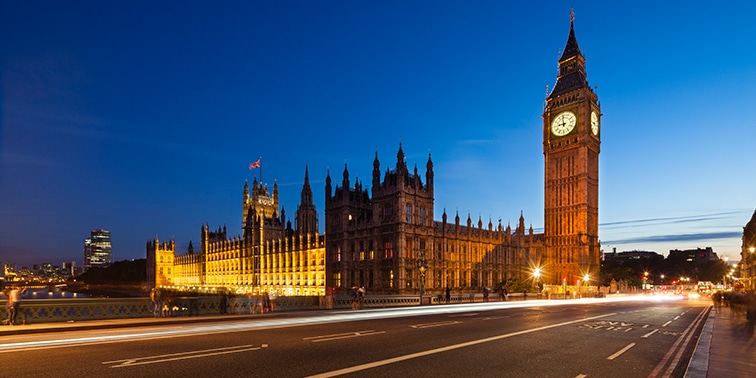The mini-budget summary
With the aim to boost growth, The Chancellor of the Exchequer, Kwasi Kwarteng, unveiled some of the biggest tax cuts seen since 1988 in his mini-budget on 23rd September 2022. This ‘mini-budget’ was set out by the Chancellor as the Bank of England warns that the UK may already be in a recession.
The announcement is part of the Chancellor’s Growth Plan which is tackling high energy costs and inflation.
Here is a summary of some of the key points from the mini-budget.
Income Tax
The basic rate of income tax cut from 20% to 19% from April 2023. This equates to 31 million people getting on average £170 more per year. This applies to people in England, Wales and Northern Ireland on annual earning between £12,571 to £50,270.
The 45% higher rate of income tax has been cancelled. This will make way for one higher rate income tax of 40% from April next year.
National Insurance
The recent rise of 1.25% in National Insurance (NI) in April this year will now be reversed. So, from 6 November this will revert back giving workers and employers 1.25p in the pound.
This reversal will impact the planned Health and Social Care Levy to pay for the NHS – this will now be axed.
Stamp duty
With immediate effect, the stamp duty nil rate band will see an increase to the threshold for home purchases from £125,000 up to £250,000. For first-time buyers, this threshold rises to £425,000.
Corporation tax
The planned corporation tax rise from April 2023 from 19% to 25% has also been cancelled.
Annual Investment Allowance
More relief has been given to businesses as The Chancellor has made the Annual Investment Allowance £1 million permanently meaning businesses can benefit from 100% tax relief on their plant and machinery investments up to £1 million.
Energy
Announced yesterday, the average energy bills for the home are being capped at £2,500 a year from 1 October.
For businesses, The Energy Bill Relief Scheme will see wholesale gas and electricity prices fixed at 21.1p per kilowatt hours (kWh) for electricity and 7.5p per KWh for gas. for firms for six months from 1 October.
Major Infrastructure Projects
Statistics show that it took 65% longer in 2021 to get consent for major infrastructure projects than in 2012. The Chancellor revealed plans to accelerate major infrastructure projects such as new roads, rail and energy infrastructure by introducing new legislation to cut restrictions so that it speeds up the planning/construction time for roads and the deployment of energy infrastructure such as offshore wind farms and streamlining environmental assessments and regulations.
The Chancellor of the Exchequer, Kwasi Kwarteng, said: “Economic growth isn’t some academic term with no connection to the real world. It means more jobs, higher pay and more money to fund public services, like schools and the NHS.
“This will not happen overnight but the tax cuts and reforms I’ve announced today – the biggest package in generations – send a clear signal that growth is our priority.“Cuts to stamp duty will get the housing market moving and support first-time buyers to put down roots. New Investment Zones will bring business investment and release land for new homes in communities across the country. And we’re accelerating new road, rail and energy projects by removing restrictions that have slowed down progress for too long.”
Our advisory services at McKenzies
Our accountants can help with your Tax Planning, Financial Forecasting And Budgeting. Working with our team of accountants, we can prepare a budget and plans tailored to your business to help you achieve your goals. This forecasting can help keep you on target through Regular Reviews so that any necessary changes to your business plan can be implemented to help you reach your financial goals.
